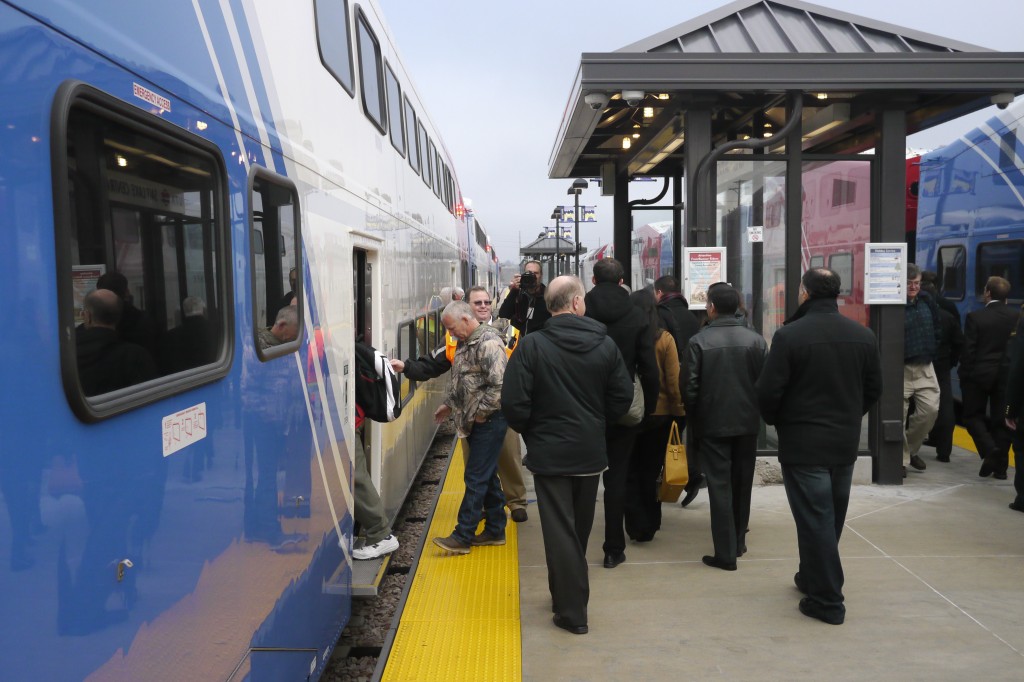
After years of effort from T4America, the Association for Commuter Transportation and scores of others, in late 2015, Congress finally raised the pre-tax benefit that can be claimed for commuting via transit, permanently equalizing that fringe tax benefit with the benefit for parking expenses.
This news got a little buried in the wake of the passage of the Fast Act, the new five-year transportation bill, but it’s an important change that will have notable impacts on how people choose to commute.
A provision in the annual spending and tax extender package, passed by Congress and signed into law by President Obama at the end of 2015, permanently establishes tax parity between drivers and transit riders. This means transit, vanpool, and parking will all receive pre-tax commuter benefit deductions of $255 a month in 2016. Though the benefit for transit riders had been temporarily increased to match parking benefits several times over the last few years, for most of the last decade, the value of the transit benefit was around half the value of the parking benefit — effectively putting a thumb on the scale for millions of people making a choice of how they’d like to commute.
These stacked financial incentives surely had an impact on commuting decisions, adding more congestion to roads and hurting low- and middle-income taxpayers in particular — people more likely to depend on transit, but under the former setup, receiving less tax benefits to do so.
As a longstanding and vocal advocate for permanently making these benefit equal and providing benefits to commuters, no matter how they choose to commute, Transportation for America celebrates this moment for commuters and for the positive impacts that it could have in communities across the country through increased transit ridership and cost savings.





